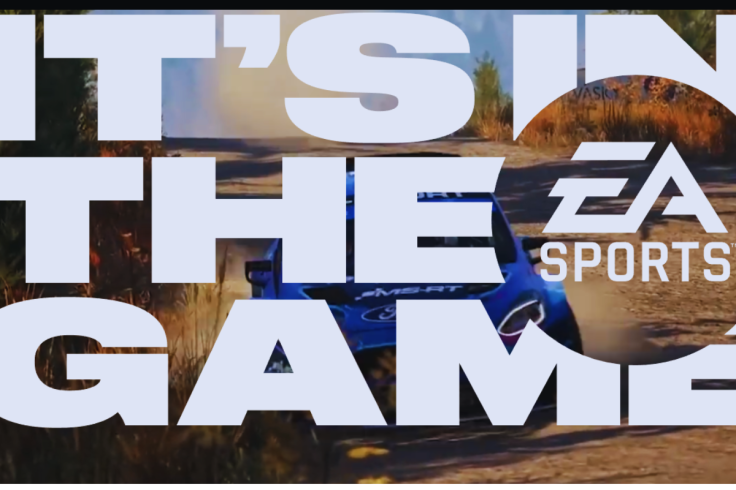
In a seismic shift for the gaming industry, Electronic Arts (EA) – the iconic developer of blockbuster titles like EA FC, The Sims, and Mass Effect – has been snapped up in a staggering £35.8 billion ($55 billion) leveraged buyout, marking the largest such deal in history.
The EA acquisition unites Saudi Arabia's Public Investment Fund (PIF) with tech investor Silver Lake and Jared Kushner's Affinity Partners, taking the company private after decades on public markets.
As stakeholders digest the video game consolidation, concerns mount over debt burdens and Saudi influence, potentially reshaping EA's future in the competitive gaming landscape.
Unveiling Buyers: PIF Leads £35.8B EA Buyout Details
The consortium spearheading this historic acquisition comprises Saudi Arabia's sovereign wealth fund PIF, private equity firm Silver Lake, and Affinity Partners, founded by former US White House advisor Jared Kushner.
They are contributing roughly £23.5 billion ($36 billion) in equity, with the remainder financed through loans. EA stockholders will receive £136.84 ($210) per share – a 25% premium over recent market prices. The deal, expected to close by early 2027 pending shareholder approval, removes EA from stock exchange pressures.
Debt Shadows: £13B Loans Threaten EA's Innovation
Industry analysts warn that the £13 billion ($20 billion) debt could strain EA's finances, diverting revenues from hits like EA FC and Battlefield 6 towards repayments rather than new game investments.
Gaming expert Christopher Dring cautioned, 'The revenue generated by big games... will be needed to service this debt, which may impact EA's ability to invest in new games.' Further cuts at EA might follow to boost cash flow as EA adapt to private ownership.
Saudi Surge: Deals Boost Gaming Reach
Saudi Arabia's PIF has aggressively expanded in gaming, acquiring Niantic's division – including Pokémon Go – for £2.3 billion ($3.5 billion) in March 2025, following its £3.2 billion ($5 billion) Scopely purchase in 2023.
This EA buyout adds to PIF's growing portfolio, which already includes stakes in Nintendo and Take-Two Interactive, amid hosting the 2027 Olympic esports Games. EA CEO Andrew Wilson called the deal a 'powerful recognition' of the firm's work, adding, 'Together with our partners, we will create transformative experiences to inspire generations to come.'
The deal eclipses Microsoft's £44.96 billion ($69 billion) acquisition of Activision Blizzard, which faced regulatory hurdles before approval in 2023. EA, founded in 1982, boasts massive sales: 325 million copies for its football series since 1993, over 200 million for The Sims, and more than 150 million for Need for Speed. Partnerships with franchises like Harry Potter and James Bond have cemented its cultural status.
Gamers' reactions vary, with some fearing prioritisation of profits over creativity. As X user @ReadyAimWin posted on 29 September 2025: 'EA just got scooped up for $55B by Saudi's PIF, Silver Lake, and Kushner's fund. Gamers are fuming but here's the twist: no more Wall Street quarterly shackles, deeper pockets for new IPs.'
EA just got scooped up for $55B 🤯by Saudi’s PIF, Silver Lake, and Kushner’s fund. Gamers are fuming but here’s the twist: no more Wall Street quarterly shackles, deeper pockets for new IPs. 🎮💰 https://t.co/6iNZAfhsfy
— Ready. Aim. Win. 🎮👾🕹️ games podcast (@ReadyAimWin) September 29, 2025
Saudi Arabia's involvement draws scrutiny, given a 2019 UN report holding the state responsible for journalist Jamal Khashoggi's death, which the kingdom denies. PIF's oil-funded assets fuel these expansions, raising ethical questions about influence in gaming, entertainment and technology.
This private equity shift could unburden EA from quarterly earnings pressure, enabling it to take bolder creative risks. However, debt and geopolitical ties pose risks. The industry watches closely as video game giants consolidate further in 2025.







